Home>Articles>What Are Common HVAC System Issues And Solutions
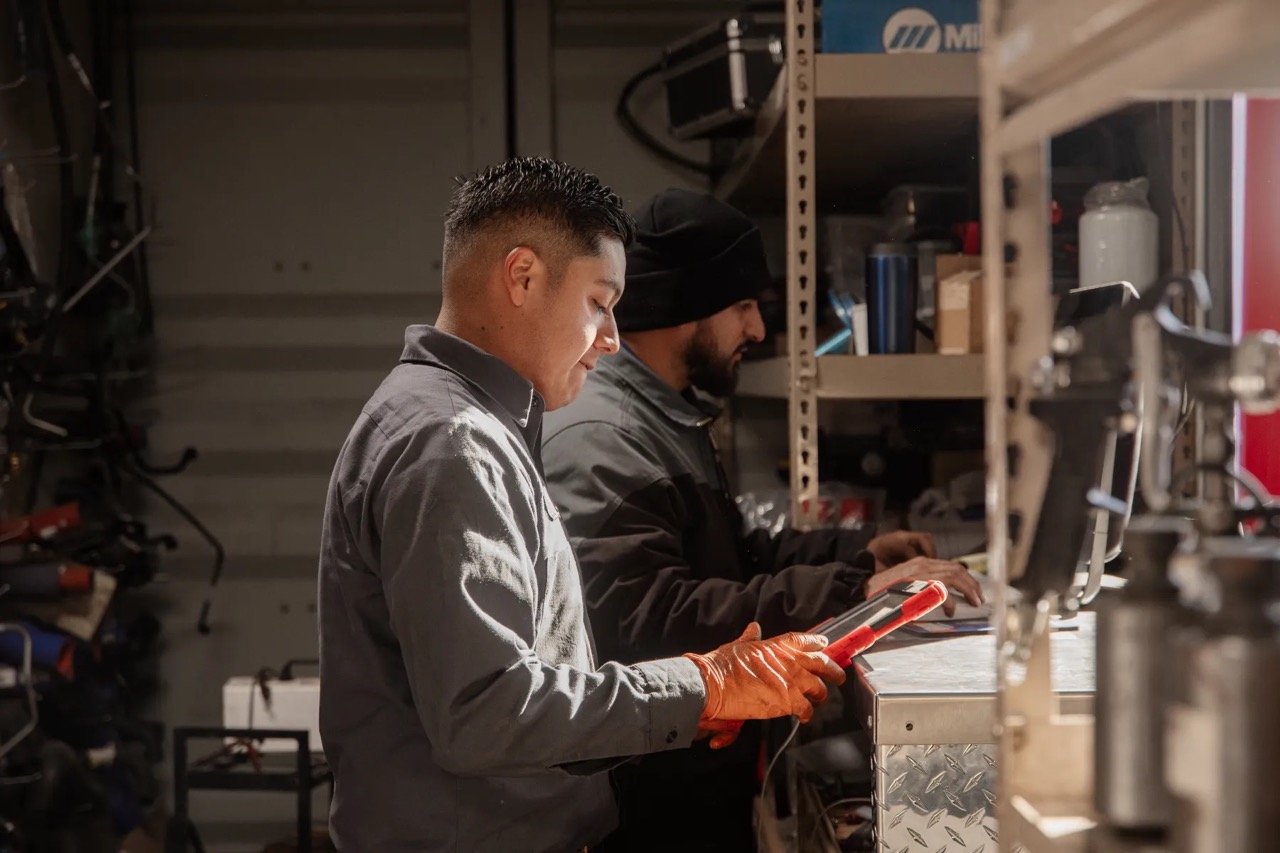

Articles
What Are Common HVAC System Issues And Solutions
Modified: January 8, 2024
Discover helpful articles on HVAC how-to guides and tips. Learn about the latest techniques and best practices to keep your HVAC system running smoothly.
(Many of the links in this article redirect to a specific reviewed product. Your purchase of these products through affiliate links helps to generate commission for Storables.com, at no extra cost. Learn more)
Introduction
Welcome to the world of HVAC (Heating, Ventilation, and Air Conditioning) systems! Whether you are a homeowner looking to keep your home comfortable or a business owner wanting to ensure a pleasant environment for your customers and employees, understanding HVAC systems is essential.
HVAC systems play a crucial role in maintaining indoor air quality and creating a comfortable atmosphere. They are designed to regulate temperature, humidity, and air circulation, ensuring that you can enjoy a cozy space regardless of the weather outside. However, like any complex system, HVAC units can encounter issues or fail if not properly maintained.
In this article, we will delve into the fundamentals of HVAC systems, explore common problems and their solutions, provide maintenance tips, discuss energy efficiency, and guide you in choosing the right HVAC system for your home. Additionally, we will highlight the importance of hiring a professional HVAC technician to ensure proper installation and repairs.
Whether you are a DIY enthusiast looking for guidance or prefer to leave your HVAC needs in the hands of experts, this article will provide valuable information to help you make informed decisions and optimize the performance of your HVAC system.
So, let’s get started on our HVAC journey and uncover the secrets to efficient, comfortable, and reliable heating and cooling!
Key Takeaways:
- Understanding the basics of HVAC systems, addressing common problems, and prioritizing regular maintenance can ensure efficient, reliable, and cost-effective heating and cooling for a comfortable indoor environment.
- Choosing the right HVAC system, hiring professional technicians, and implementing energy-efficient practices are essential for maximizing comfort, longevity, and sustainability in your home.
Read more: What Is Common Wire In HVAC
Understanding HVAC Systems
Before we dive into the intricacies of HVAC systems, it’s important to grasp the basic components and functions that make up these systems. HVAC systems consist of three main elements: heating, ventilation, and air conditioning.
Heating: The heating component of an HVAC system is responsible for warming the air inside a building. This is typically achieved through a furnace, heat pump, or boiler. These heating systems generate heat and distribute it throughout the space via ductwork or radiators.
Ventilation: Ventilation is the process of exchanging indoor and outdoor air to maintain air quality. Proper ventilation removes odors, toxins, and moisture from the air, reducing the risk of mold and improving indoor air quality. This can be achieved through natural ventilation (open windows) or mechanical ventilation systems such as fans or air exchangers.
Air Conditioning: The air conditioning component of an HVAC system is responsible for cooling the air and controlling humidity. This is achieved through refrigeration cycles, where warm air is drawn into the system, cooled by a compressor, and then released back into the space. Air conditioners also typically include filters that remove dust and debris from the air.
Together, these three components work in harmony to create a comfortable indoor environment. HVAC systems vary in complexity and size, depending on the building’s size and needs. They can range from simple window units or portable air conditioners to complex central HVAC systems found in larger commercial buildings.
Now that we have a basic understanding of what constitutes an HVAC system, let’s explore the fundamental concepts and components that make them function.
HVAC Basics
Understanding the basics of HVAC systems is essential for homeowners and business owners alike. By familiarizing yourself with the key components and principles, you can better diagnose issues, perform preventive maintenance, and make informed decisions when it comes to repairs or upgrades.
Here are some essential HVAC basics that will help you navigate the world of heating and cooling:
1. Thermostat: The thermostat is the control center of your HVAC system. It allows you to set and adjust the desired temperature in your home or building. Modern thermostats often come with programmable features, allowing you to schedule temperature changes throughout the day for optimal comfort and energy efficiency.
2. Ductwork: Ductwork is the network of pipes or channels that distribute conditioned air throughout the space. Properly designed and sealed ductwork ensures that air reaches every room efficiently and effectively. Regular inspection and cleaning of the ducts are crucial for maintaining air quality and system performance.
3. Filters: HVAC systems are equipped with air filters that trap dust, allergens, and other particles from entering the system. Clean filters improve indoor air quality and prevent debris from clogging the system’s internal components. Regular filter replacement or cleaning is essential for optimal performance.
4. Refrigerant: Refrigerant is a substance that circulates within the HVAC system and facilitates heat transfer. In the cooling mode, it absorbs heat from the indoor air and releases it outside. In the heating mode, it extracts heat from the outdoor air and transfers it inside. Proper refrigerant levels and quality are crucial for efficient operation.
5. Compressor: The compressor is the heart of the air conditioning system. It pressurizes the refrigerant, raising its temperature and pressure before it enters the condenser. The compressor’s function is essential for the cooling process.
6. Condenser: The condenser is responsible for releasing heat from the refrigerant outside the building. It helps convert the refrigerant from a gas to a liquid state, allowing it to absorb more heat before it enters the evaporator.
7. Evaporator: The evaporator is the component responsible for cooling the air. It receives the condensed refrigerant and allows it to evaporate, absorbing heat in the process. The cooled air is then distributed through the ductwork into the desired space.
By having a basic understanding of these HVAC components, you’ll be better equipped to communicate with HVAC professionals, perform routine maintenance tasks, and troubleshoot minor issues. When in doubt, always consult with a qualified HVAC technician to ensure safe and proper operation of your system.
Common HVAC Problems and Solutions
Like any complex system, HVAC units can experience issues and malfunctions from time to time. Recognizing common problems and knowing how to address them can save you time, money, and frustration. Here are some of the most common HVAC problems and their solutions:
1. Air Flow Issues: Poor airflow can result from clogged filters, blocked vents, or malfunctioning fans. Check and clean your filters regularly, remove any obstructions from vents, and ensure that the fan is functioning correctly. If the issue persists, contact an HVAC technician for further inspection.
2. Refrigerant Leaks: Refrigerant leaks can lead to insufficient cooling or heating. If you notice a decline in performance or hear a hissing sound around the outdoor unit, there may be a refrigerant leak. Contact a professional to locate and fix the leak, and recharge the refrigerant to restore proper operation.
3. Thermostat Problems: Incorrect thermostat settings or a faulty thermostat can cause temperature inconsistencies. Double-check that your thermostat is set to the desired temperature and consider replacing the batteries if necessary. If the problem persists, consult an HVAC technician to assess and repair the thermostat.
4. Strange Noises: Unusual noises like rattling, banging, or squealing may indicate loose components, worn belts, or motor issues. Inspect visible components for any loose connections, and if the noise persists, contact a professional to diagnose and address the problem.
5. Electrical Issues: Electrical problems can range from blown fuses to faulty wiring. If your HVAC system is not receiving power, check your circuit breaker or fuse box. Replace any blown fuses or reset the breaker if necessary. If the problem persists, consult an electrician to inspect and repair the electrical components of your system.
6. Ignition or Pilot Control Problems: Gas furnaces can experience issues with the ignition or pilot control system. If your furnace is not producing heat, check the pilot light or ignition system for any malfunctions. If you are unsure how to perform these checks safely, contact an HVAC technician for assistance.
7. Inadequate Heating or Cooling: If your HVAC system is struggling to maintain a comfortable temperature, it may be due to a variety of factors, such as dirty filters, improper insulation, or system capacity limitations. Clean or replace your filters regularly, ensure proper insulation in your home, and consider consulting with an HVAC professional to evaluate your system’s capacity.
Remember, while minor HVAC issues can sometimes be resolved on your own, it’s crucial to contact a qualified HVAC technician for major repairs or complex problems. Regular maintenance and professional inspections can also help prevent many of these common issues, keeping your HVAC system running smoothly and efficiently.
HVAC Maintenance Tips
Maintaining your HVAC system is essential for optimal performance, energy efficiency, and longevity. By following these HVAC maintenance tips, you can keep your system in top shape and avoid costly repairs:
1. Regular Filter Replacement or Cleaning: Clean or replace your HVAC filters every one to three months, depending on usage and filter type. Clogged filters restrict airflow, reduce system efficiency, and contribute to poor indoor air quality. Clean filters not only improve air circulation but also help prevent dust and debris from accumulating in the system.
2. Keep Outdoor Units Clean: Regularly inspect and clean the outdoor unit of your air conditioner or heat pump. Remove any debris, such as leaves, grass, or twigs, that may be blocking airflow. Ensure that the unit is clear of bushes or shrubs, allowing for proper ventilation.
3. Clear Obstructions: Check your vents and registers to ensure they are not blocked by furniture or other items. Blocked vents restrict airflow and reduce the efficiency of your HVAC system. Keep at least two feet of clearance around supply and return vents to allow for proper air circulation.
4. Check and Seal Ductwork: Inspect your ductwork periodically for any leaks or damage. Leaky ducts can result in significant energy loss and reduced system performance. Seal any leaks with duct sealant or metal tape, and consider insulating exposed ducts to prevent energy loss.
5. Schedule Professional Inspections and Maintenance: It’s recommended to have your HVAC system professionally inspected and serviced once a year. A trained technician can identify and address potential issues, clean and lubricate system components, and ensure optimal performance. Regular maintenance can help prevent major breakdowns and prolong the lifespan of your HVAC system.
6. Monitor Thermostat Settings: Adjusting your thermostat settings based on the season and your occupancy patterns can help save energy and reduce strain on your HVAC system. Consider investing in a programmable or smart thermostat to automate temperature adjustments throughout the day.
7. Maintain Outdoor Unit Properly: If you have a central air conditioning system, make sure the outdoor unit is level and on a stable surface. Remove vegetation and debris around the unit to ensure proper airflow. In winter, cover the unit with a specialized cover designed to protect it from the elements.
8. Schedule Regular HVAC System Maintenance: Consider enrolling in a maintenance plan with a reputable HVAC company. These plans often include regular inspections, priority service, discounts on repairs, and other benefits. Regular maintenance can help catch minor issues before they become major problems.
By following these HVAC maintenance tips, you can extend the life of your system, improve energy efficiency, and enjoy a consistently comfortable indoor environment.
Tip: Regularly clean or replace your HVAC filters to improve efficiency and air quality. Check them monthly and replace every 3 months for optimal performance.
Read more: What Is A VFD In HVAC
Choosing the Right HVAC System for Your Home
When it comes to choosing an HVAC system for your home, there are several factors to consider. The size of your space, your climate, energy efficiency requirements, and budget all play a role in selecting the right system. Here are some tips to help guide you through the process:
1. Determine Your Heating and Cooling Needs: Assess the size of your home and the climate in your region. This will help determine the capacity required for your HVAC system. If you live in a colder climate, you may need a more powerful furnace or heat pump. In warmer climates, a high-efficiency air conditioner or heat pump might be more suitable.
2. Consider Energy Efficiency: HVAC systems with higher efficiency ratings can save you significant money on your energy bills. Look for systems with high SEER (Seasonal Energy Efficiency Ratio) ratings for air conditioners and heat pumps, and AFUE (Annual Fuel Utilization Efficiency) ratings for furnaces. Energy Star certified systems meet strict efficiency standards and are a reliable choice for energy-conscious homeowners.
3. Choose the Right System Type: There are different types of HVAC systems to consider. Split systems, which consist of both indoor and outdoor units, are the most common. They can provide both heating and cooling. Ductless mini-split systems are a great option for homes without ductwork or for room-specific heating and cooling needs. Packaged systems combine all components into a single unit and are suitable for small spaces or mobile homes.
4. Consider Zoning and Programmable Thermostats: Zoning allows for customized temperature control in different areas of your home. It can improve energy efficiency and ensure comfort in specific zones. Programmable thermostats offer convenience and energy savings by allowing you to schedule temperature adjustments based on occupancy patterns.
5. Look for Quality and Reliability: Invest in reputable brands known for their quality and reliability. Research customer reviews and warranties offered by different manufacturers. A reliable system will not only provide consistent comfort but also require fewer repairs and have a longer lifespan.
6. Seek Professional Advice: Consulting with a qualified HVAC professional is crucial in choosing the right system for your home. A professional can conduct a load calculation to accurately determine the capacity needed for your space and recommend the most suitable options based on your unique requirements.
7. Budget Considerations: While it’s important to balance upfront costs with long-term savings, don’t compromise on quality and efficiency. Consider the lifetime cost of the system, including energy savings and potential maintenance and repair expenses. Financing options or rebates may be available to help offset the initial investment.
By taking these factors into account and seeking professional guidance, you can choose an HVAC system that meets your specific needs, provides optimal comfort, and maximizes energy efficiency.
Hiring a Professional HVAC Technician
When it comes to installing, repairing, or maintaining your HVAC system, hiring a professional HVAC technician is crucial. A skilled and experienced technician can ensure that your system operates efficiently, safely, and reliably. Here are some important factors to consider when hiring an HVAC technician:
1. Certification and Licensing: Verify that the technician holds the necessary certifications and licenses required by your state or region. This ensures that they have the proper training and knowledge to work on HVAC systems and comply with local regulations.
2. Experience and Expertise: Look for technicians with a proven track record and solid experience in the industry. An experienced technician will have encountered various HVAC problems and will be able to diagnose and resolve issues efficiently. They should be knowledgeable about different HVAC system types and brands.
3. Insurance and Liability Coverage: Make sure the HVAC technician is insured and has liability coverage. This protects you in the event of any accidents or damage that may occur during the installation or repair process.
4. References and Reviews: Ask for references from past clients or check online reviews and ratings. Hearing about others’ experiences can give you an idea of the technician’s professionalism, reliability, and quality of work.
5. Transparent Pricing: Request a detailed estimate or quote for the services you require. The technician should be transparent about the cost breakdown, including parts, labor, and any additional charges. Avoid technicians who charge significantly lower prices, as they may cut corners or use subpar materials.
6. Maintenance Plans: Inquire about maintenance plans or service agreements offered by the HVAC company. Regular maintenance is essential for the longevity and efficient operation of your system. A maintenance plan can ensure that your system receives regular inspections, cleaning, and tune-ups, helping you avoid major breakdowns and costly repairs.
7. Professionalism and Communication: A good HVAC technician will exhibit professionalism in their appearance, behavior, and communication. They should be prompt, courteous, and willing to answer your questions or address any concerns you may have. Clear and open communication ensures that you understand the work being done and any recommendations or repairs needed.
8. Ongoing Training and Certifications: The HVAC industry is continuously evolving, with new technologies, regulations, and best practices emerging. A reputable technician will stay up-to-date with the latest advancements through ongoing training and certifications.
Remember, hiring a professional HVAC technician not only ensures the quality of work but also provides you with peace of mind knowing that your system is in capable hands. Taking the time to research and select a reputable technician will pay off in the long run, as it will contribute to the proper functioning and longevity of your HVAC system.
Energy Efficiency and HVAC Systems
Energy efficiency is a crucial consideration when it comes to HVAC systems. A well-designed and properly maintained system can significantly reduce energy consumption, lower utility bills, and minimize environmental impact. Here are some key factors to consider for maximizing energy efficiency in HVAC systems:
1. High-Efficiency Equipment: Invest in HVAC equipment with high energy efficiency ratings. Look for systems with high SEER (Seasonal Energy Efficiency Ratio) ratings for air conditioners and heat pumps, and AFUE (Annual Fuel Utilization Efficiency) ratings for furnaces. Higher ratings indicate greater efficiency and lower energy consumption.
2. Proper Sizing: Ensure that your HVAC system is properly sized for your space. Oversized or undersized systems can lead to inefficient operation, increased energy consumption, and decreased comfort. Consult a professional HVAC technician to perform a load calculation to determine the appropriate system size for your specific needs.
3. Programmable Thermostats: Use programmable thermostats to schedule temperature adjustments based on occupancy patterns. Set the temperatures higher or lower when you are away or sleeping to save energy. Smart thermostats can learn your behaviors and adjust settings automatically for optimal efficiency and comfort.
4. Air Sealing and Insulation: Properly seal and insulate your home to minimize energy losses. Seal air leaks around windows, doors, and ductwork to prevent conditioned air from escaping and unconditioned air from entering. Insulate your attic, walls, and floors to reduce heat transfer and maintain a stable indoor temperature.
5. Regular Maintenance: Schedule regular maintenance for your HVAC system to ensure optimal performance and energy efficiency. Clean or replace filters regularly, check for leaks or obstructions in ductwork, and inspect outdoor units for debris. A well-maintained system operates more efficiently and can prevent issues that lead to energy waste.
6. Duct Sealing and Insulation: Inspect your ductwork for leaks and seal them with duct sealant or metal tape. Leaky ducts can result in significant energy losses and reduced system efficiency. Additionally, consider insulating exposed ducts to prevent energy losses and maintain consistent airflow.
7. Ventilation Strategies: Implement proper ventilation strategies to maintain indoor air quality while minimizing energy consumption. Consider energy recovery ventilators, which exchange heat between incoming and outgoing air, reducing the need for heating or cooling. Balanced mechanical ventilation systems can ensure fresh air circulation without wasting excess energy.
8. Regular Filter Maintenance: Clean or replace air filters regularly to promote efficient airflow and prevent debris from accumulating in the system. Clogged filters restrict airflow and force the system to work harder, leading to increased energy consumption. Follow the manufacturer’s recommendations for filter maintenance.
By implementing these energy efficiency strategies, you can reduce your carbon footprint, lower energy expenses, and enjoy a comfortable and sustainable living environment. Consult with HVAC professionals to assess your current system and explore energy-efficient options for your specific needs.
Conclusion
Understanding HVAC systems and implementing proper maintenance and energy-efficient practices are vital for maintaining a comfortable and healthy indoor environment. By familiarizing yourself with the basics of HVAC systems, common problems, and maintenance tips, you can ensure that your system operates efficiently, reliably, and cost-effectively.
Choosing the right HVAC system for your home involves considering factors such as capacity, energy efficiency, and budget. Consulting with a professional HVAC technician can help you make informed decisions and ensure proper installation.
Regular HVAC maintenance, such as filter cleaning or replacement, duct sealing, and professional inspections, can significantly extend the lifespan of your system, improve energy efficiency, and prevent major breakdowns. Prioritizing routine maintenance and enrolling in maintenance plans offered by reputable HVAC companies can save you money in the long run.
Energy efficiency is a critical aspect of HVAC systems. By investing in high-efficiency equipment, using programmable thermostats, properly sealing and insulating your home, and implementing ventilation strategies, you can reduce energy consumption and lower utility bills while minimizing your environmental impact.
In conclusion, being knowledgeable about HVAC systems, practicing regular maintenance, and prioritizing energy efficiency can lead to a comfortable, reliable, and cost-effective heating and cooling experience. By taking these steps, you can optimize the performance of your HVAC system and create a healthy and enjoyable indoor environment for years to come.
Frequently Asked Questions about What Are Common HVAC System Issues And Solutions
Was this page helpful?
At Storables.com, we guarantee accurate and reliable information. Our content, validated by Expert Board Contributors, is crafted following stringent Editorial Policies. We're committed to providing you with well-researched, expert-backed insights for all your informational needs.
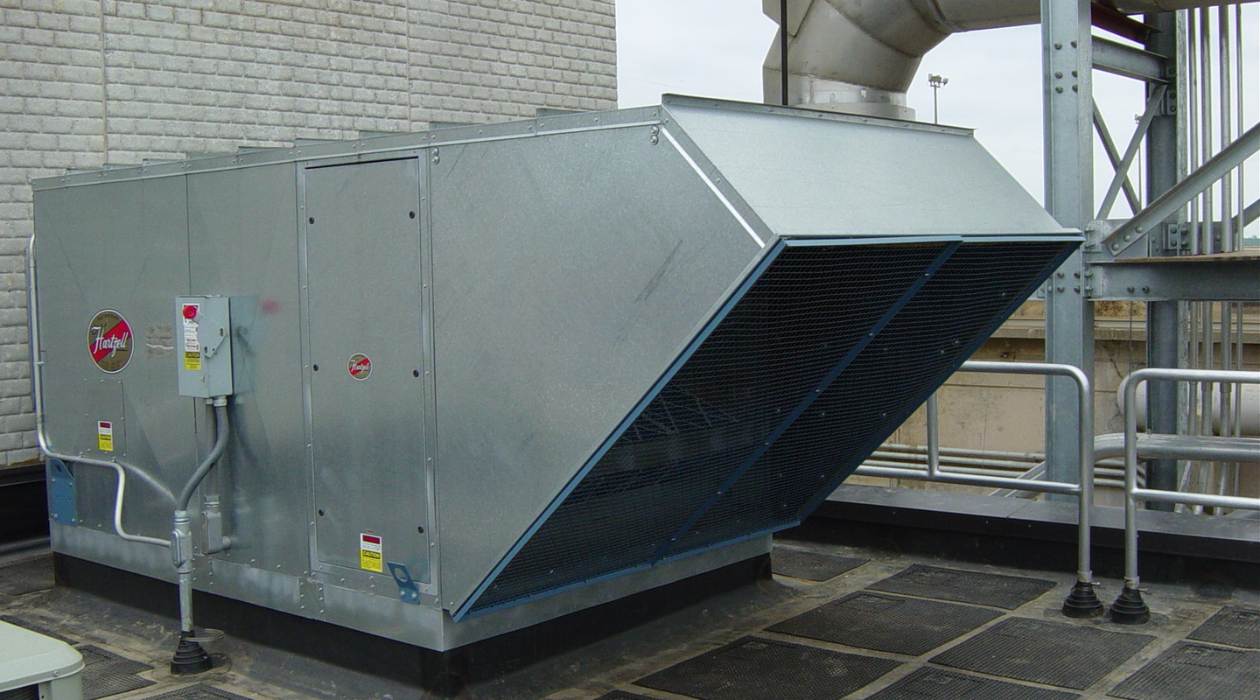
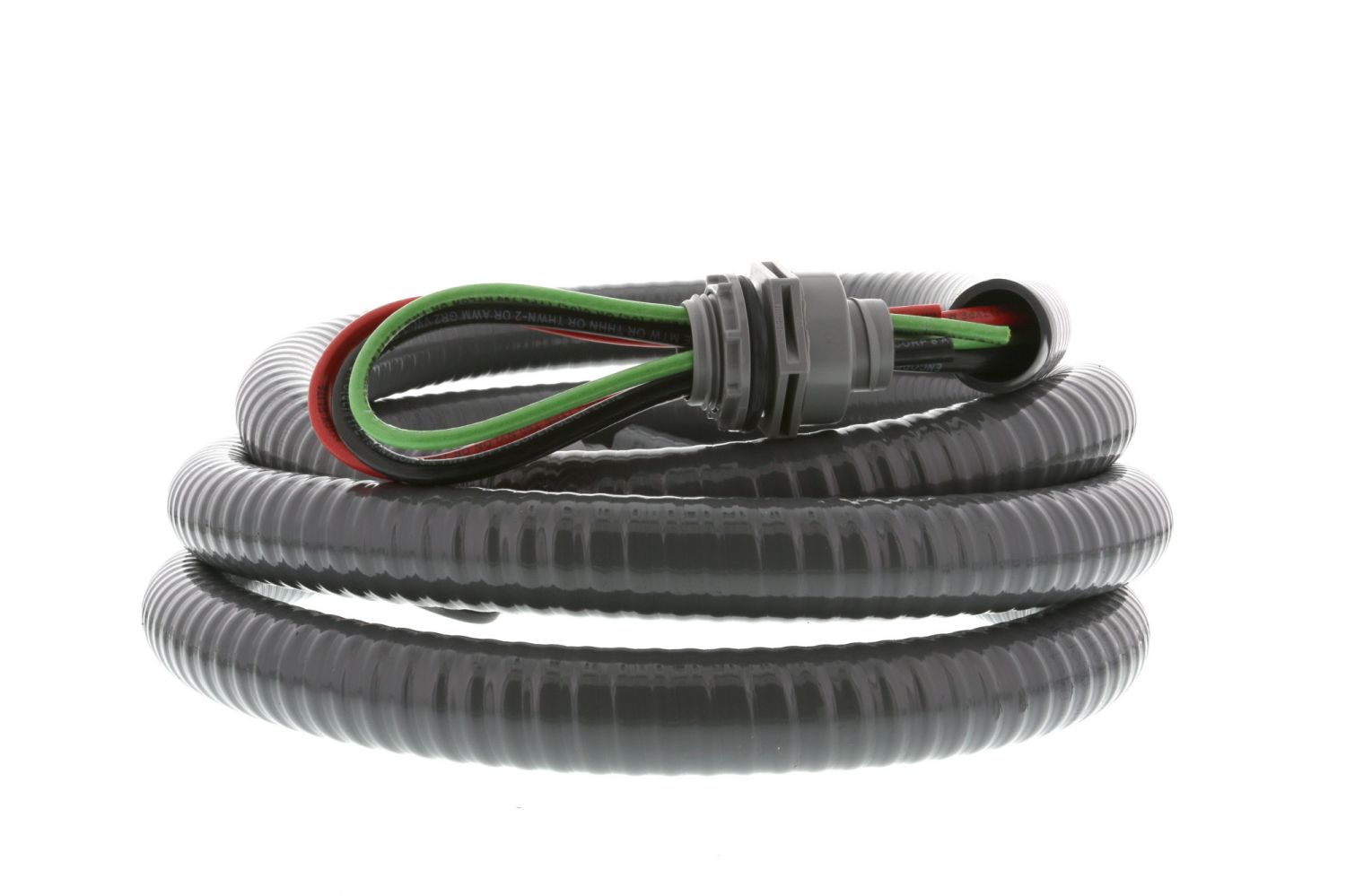
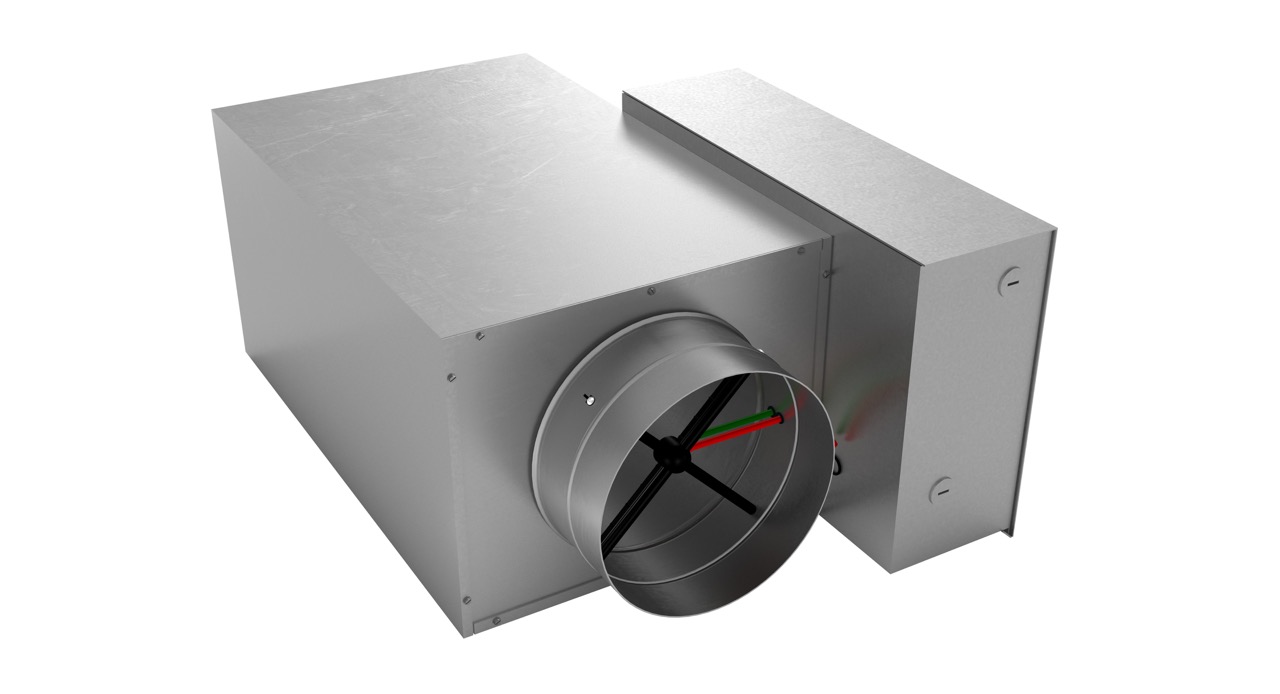
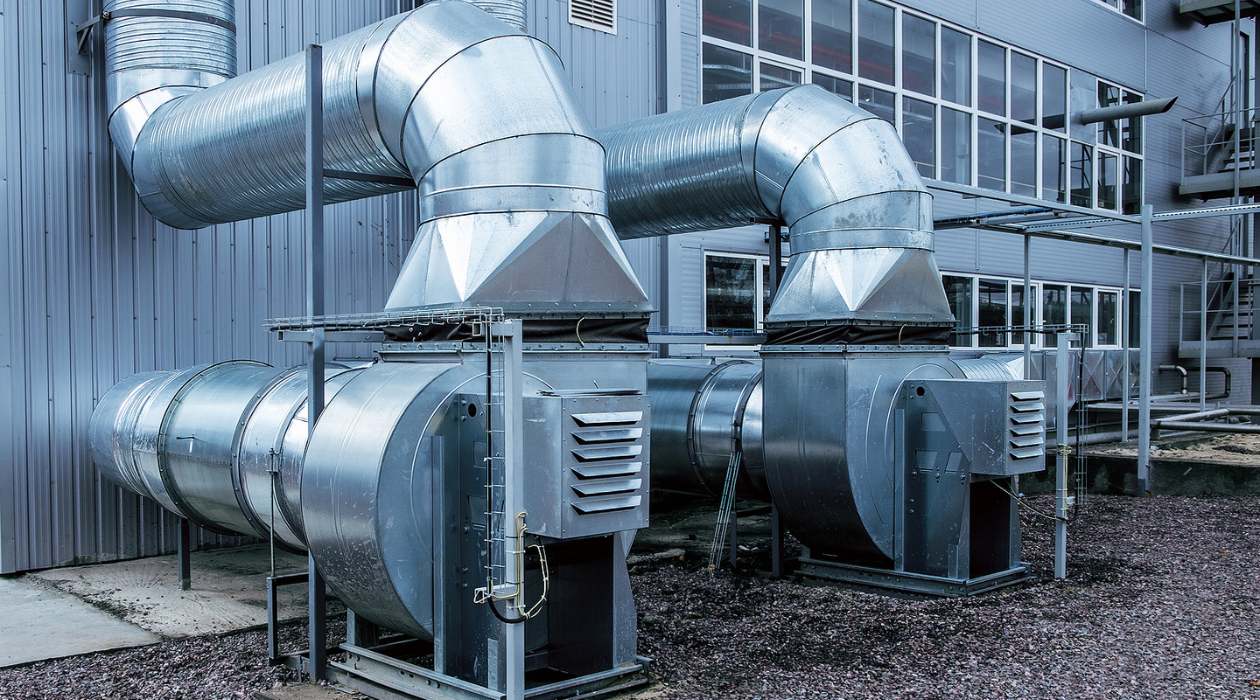
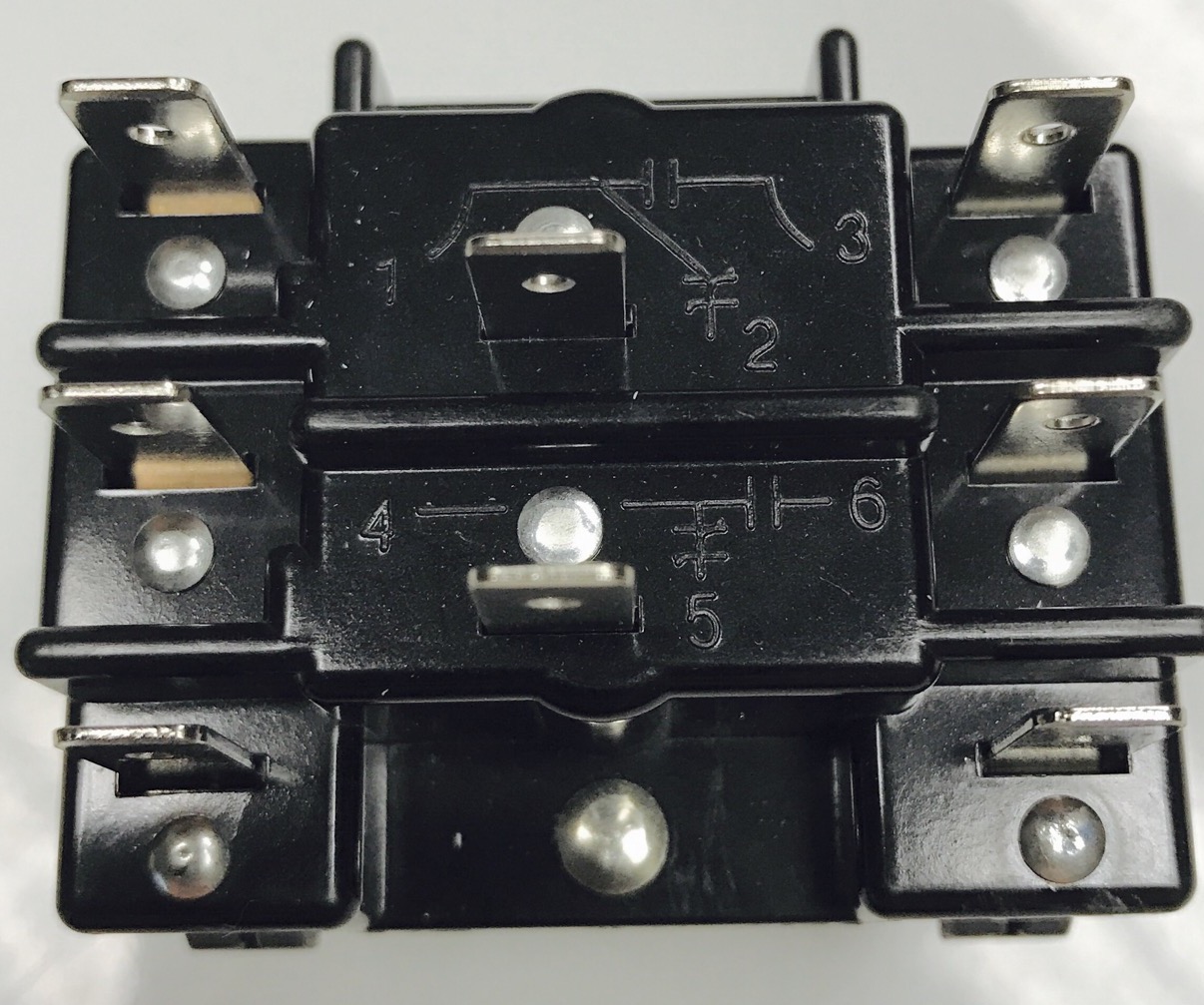
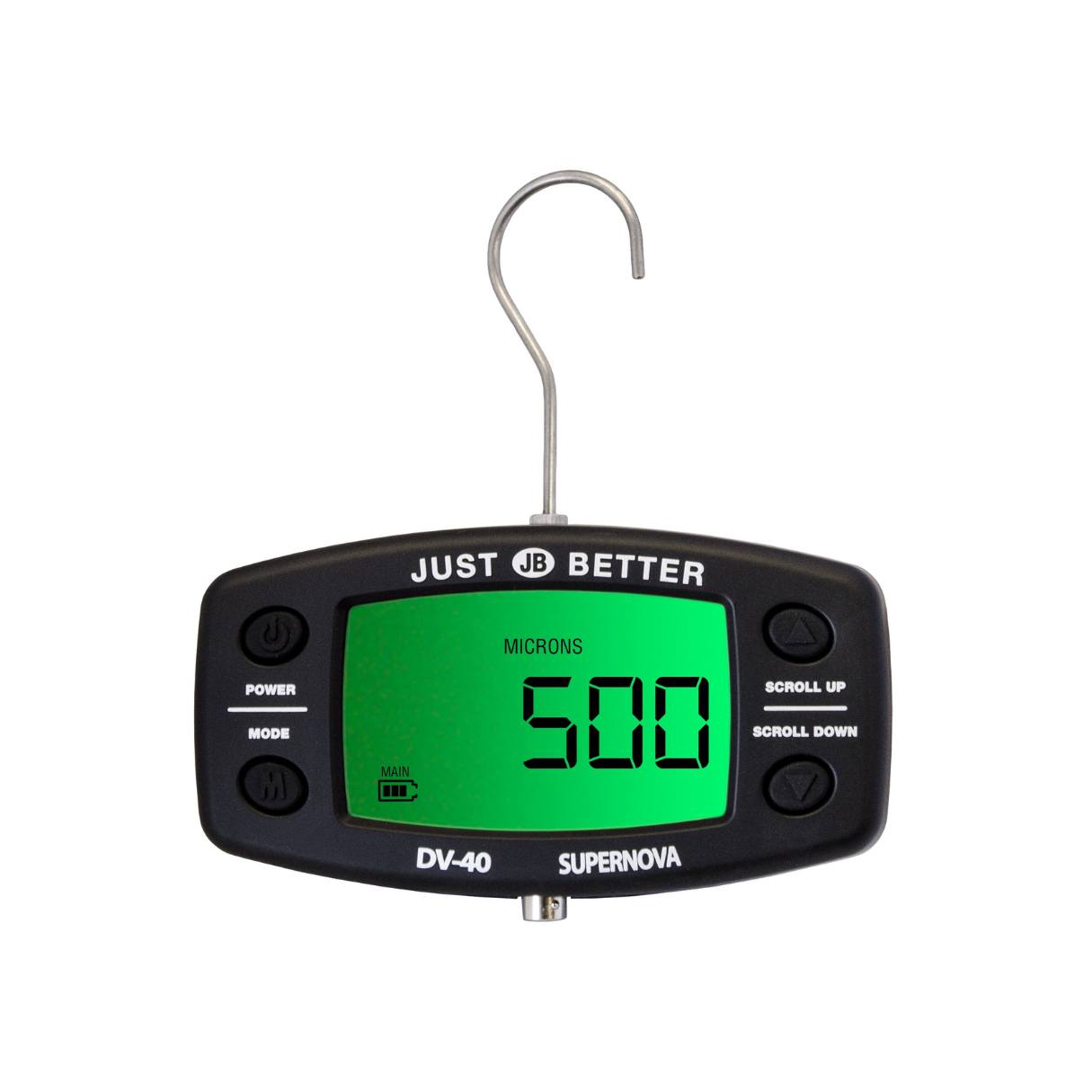
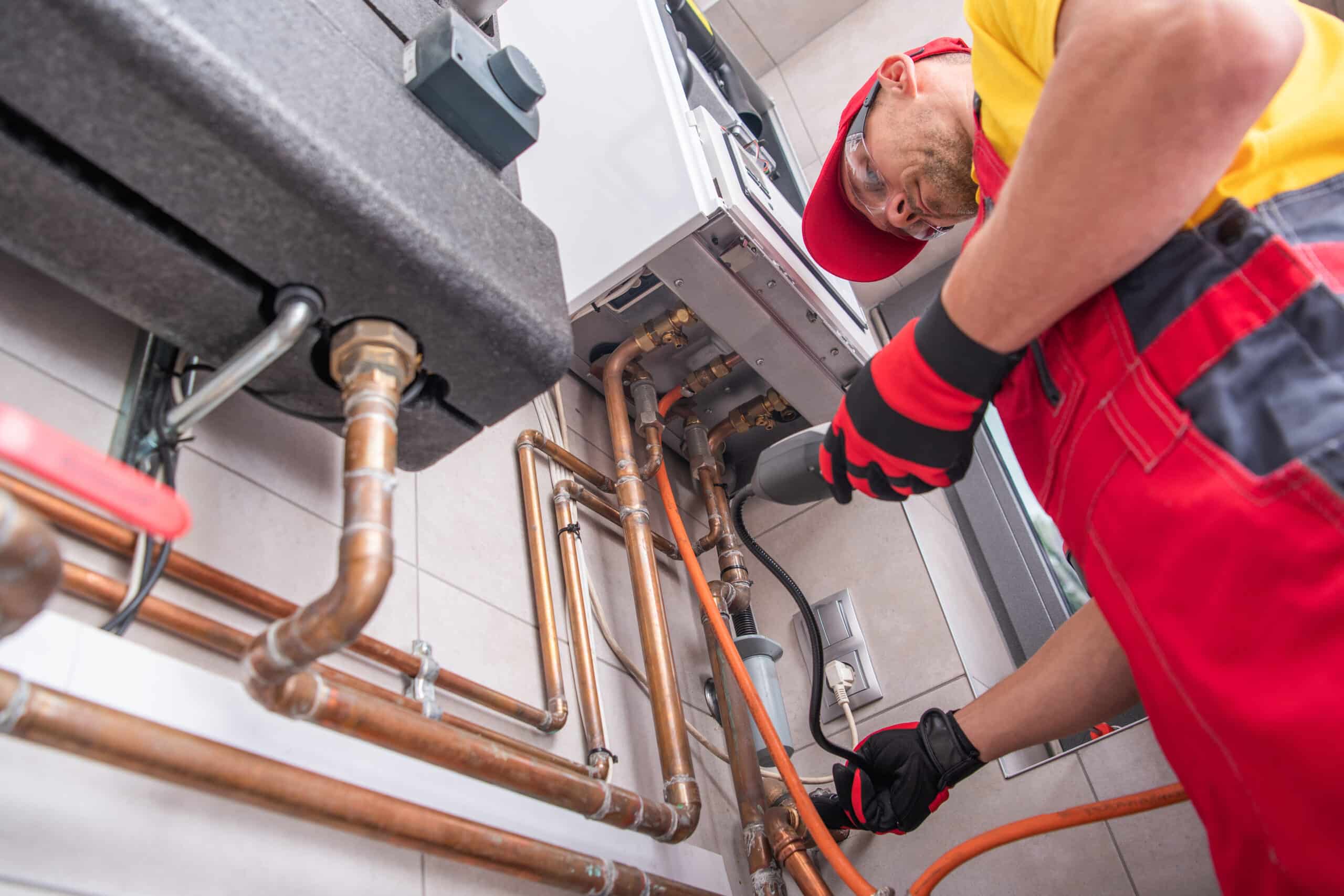
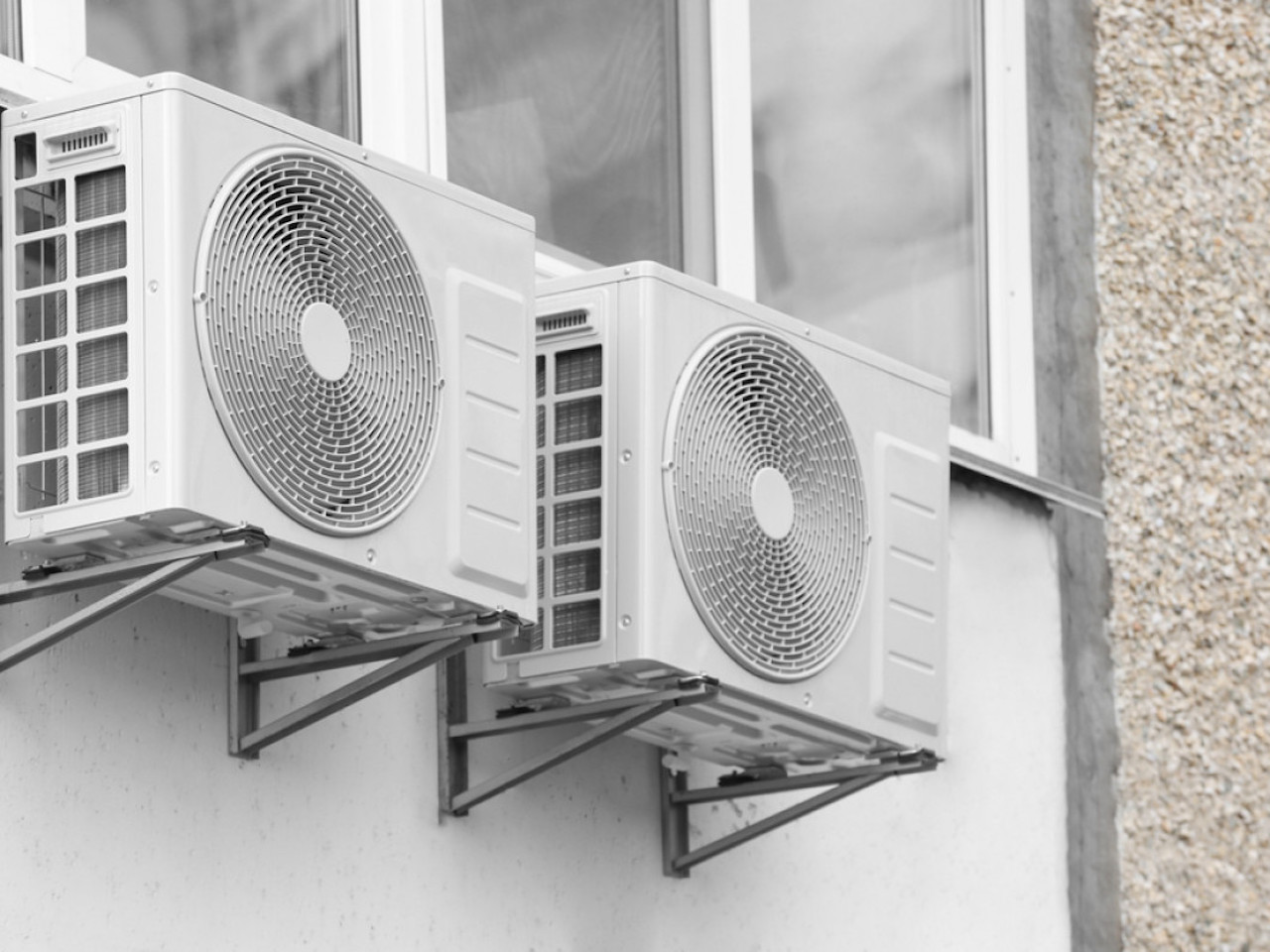
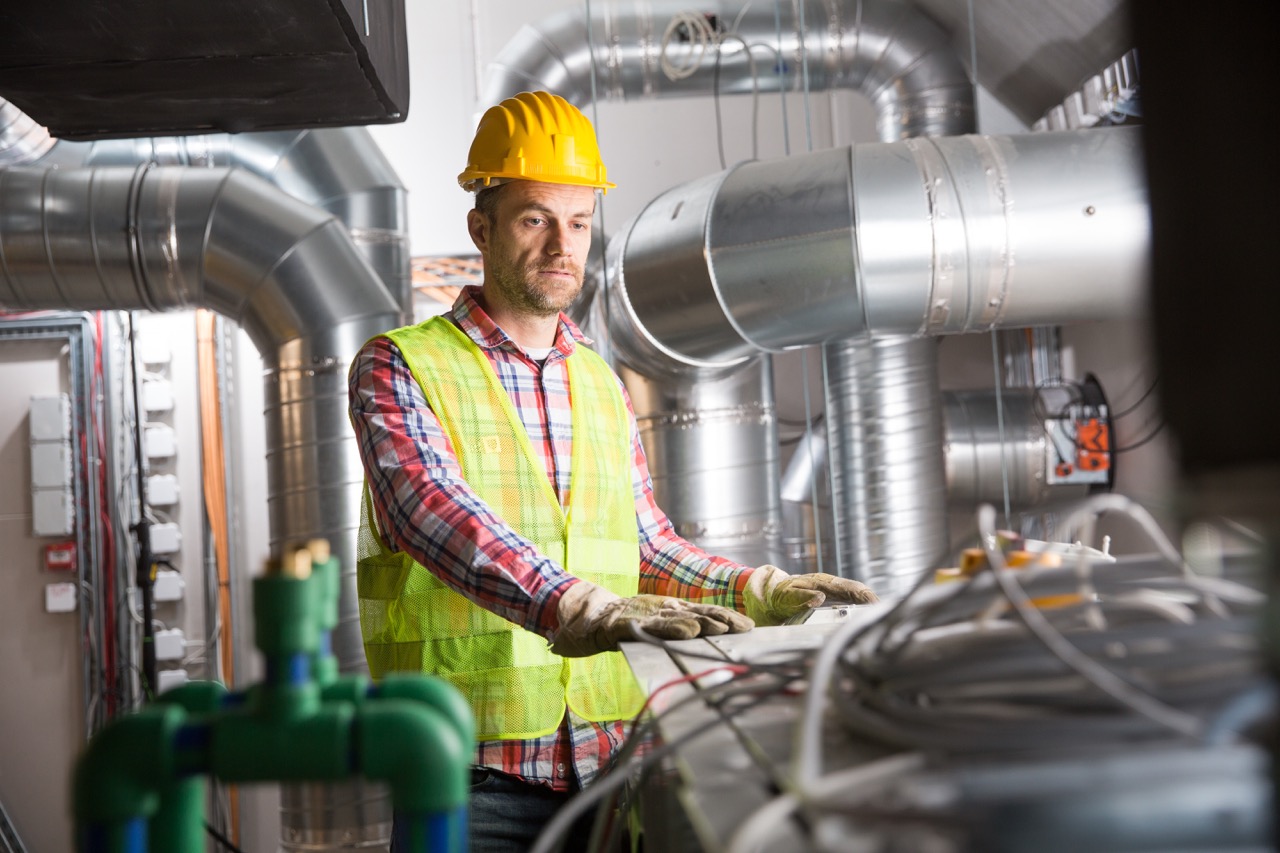
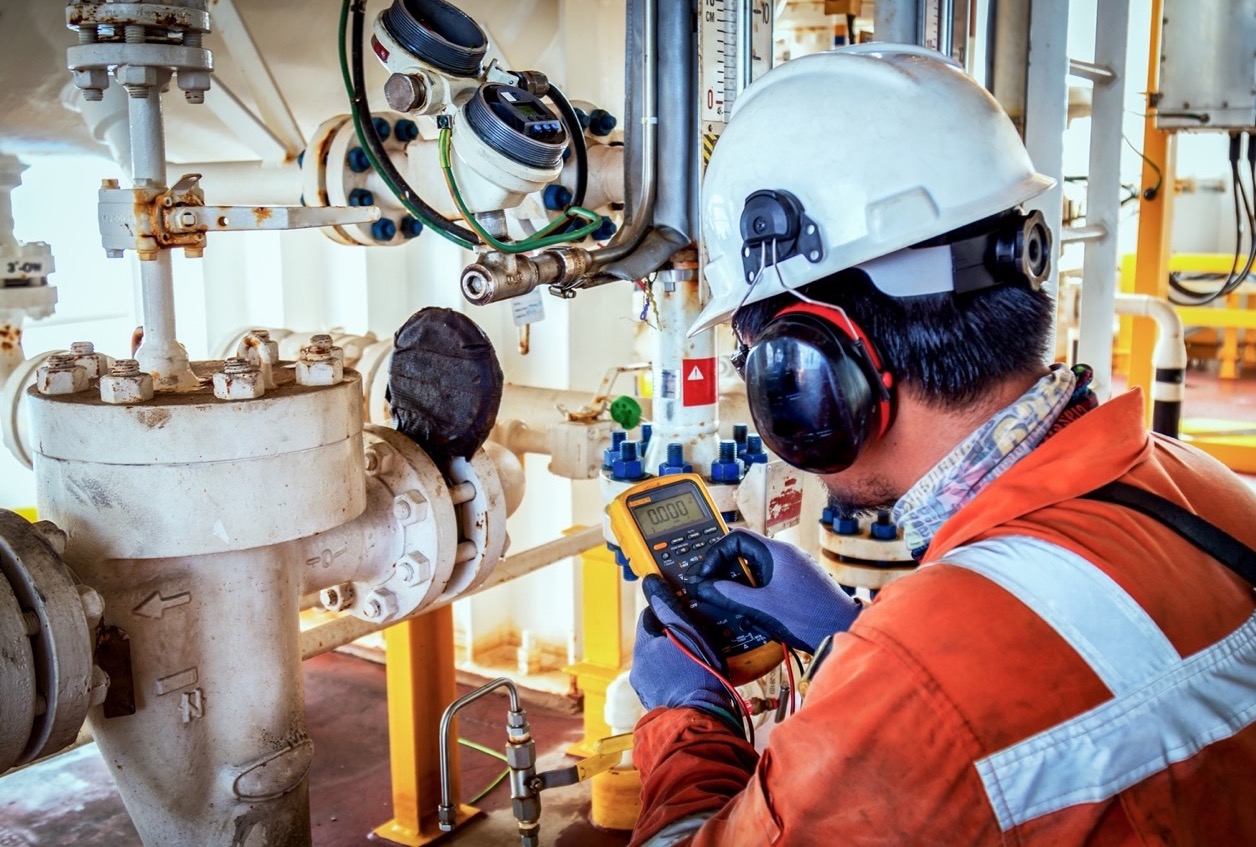
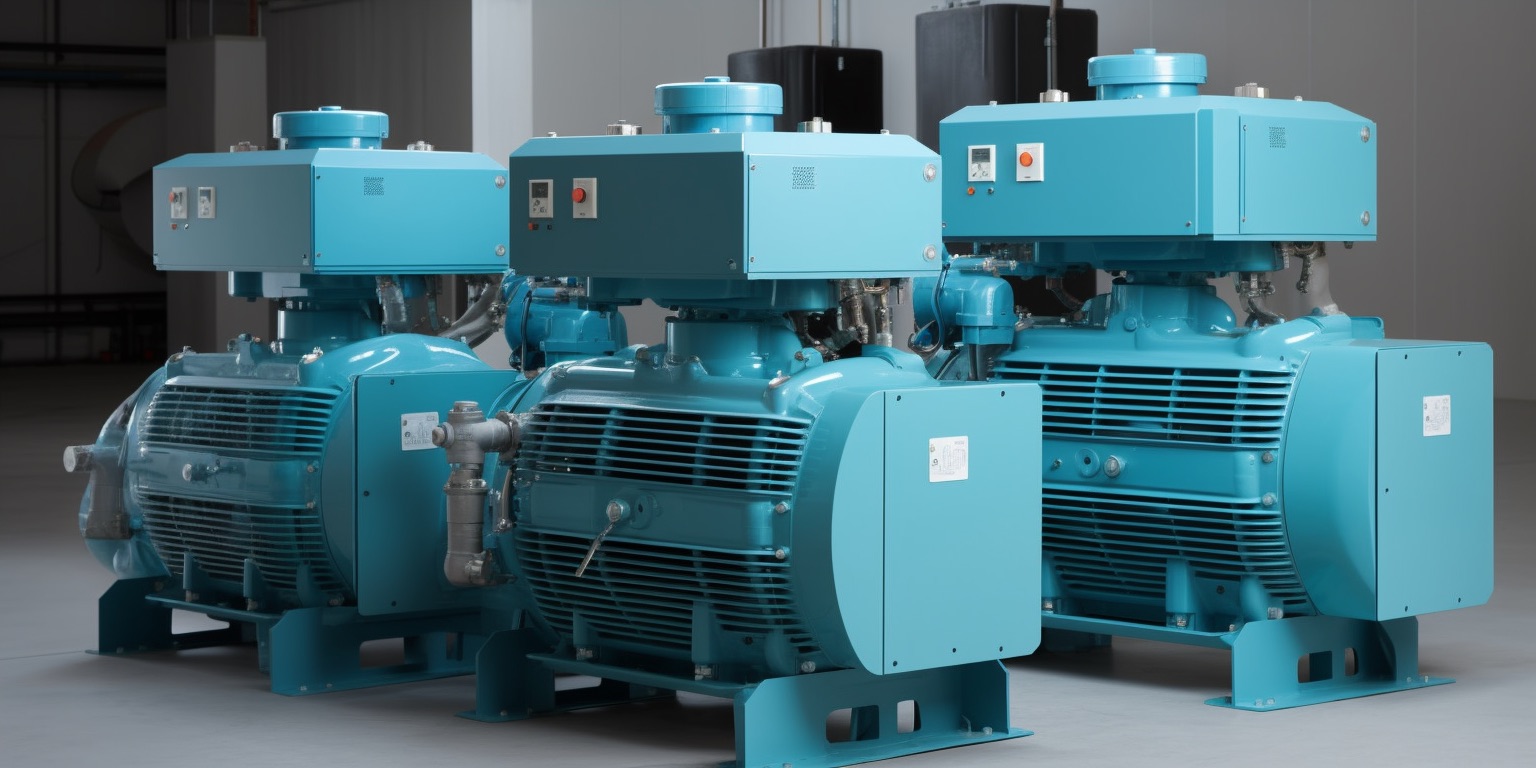
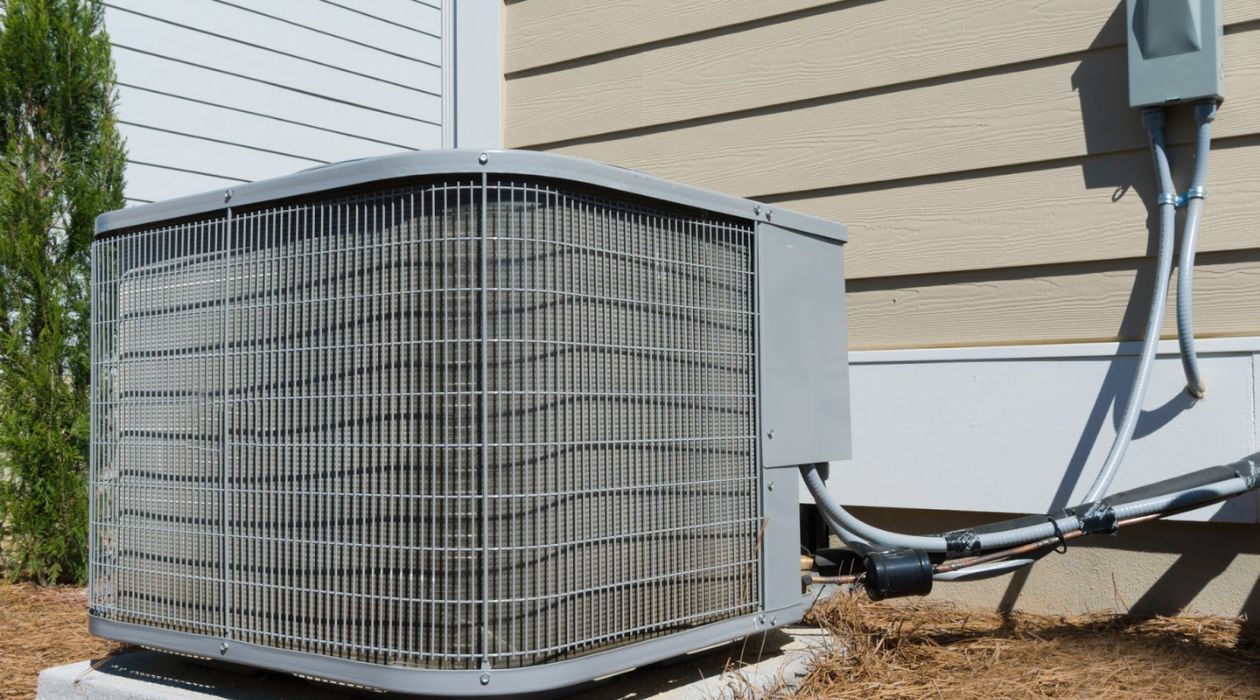
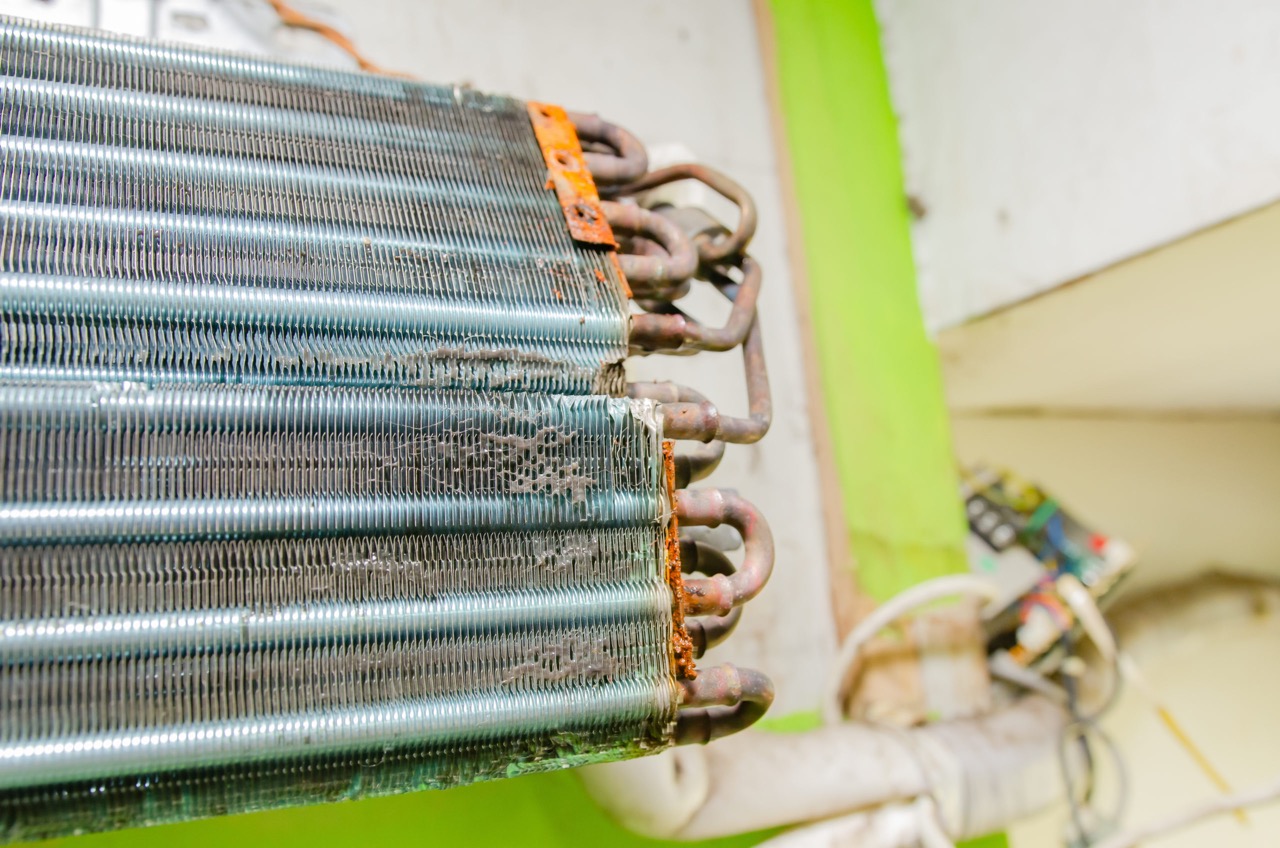
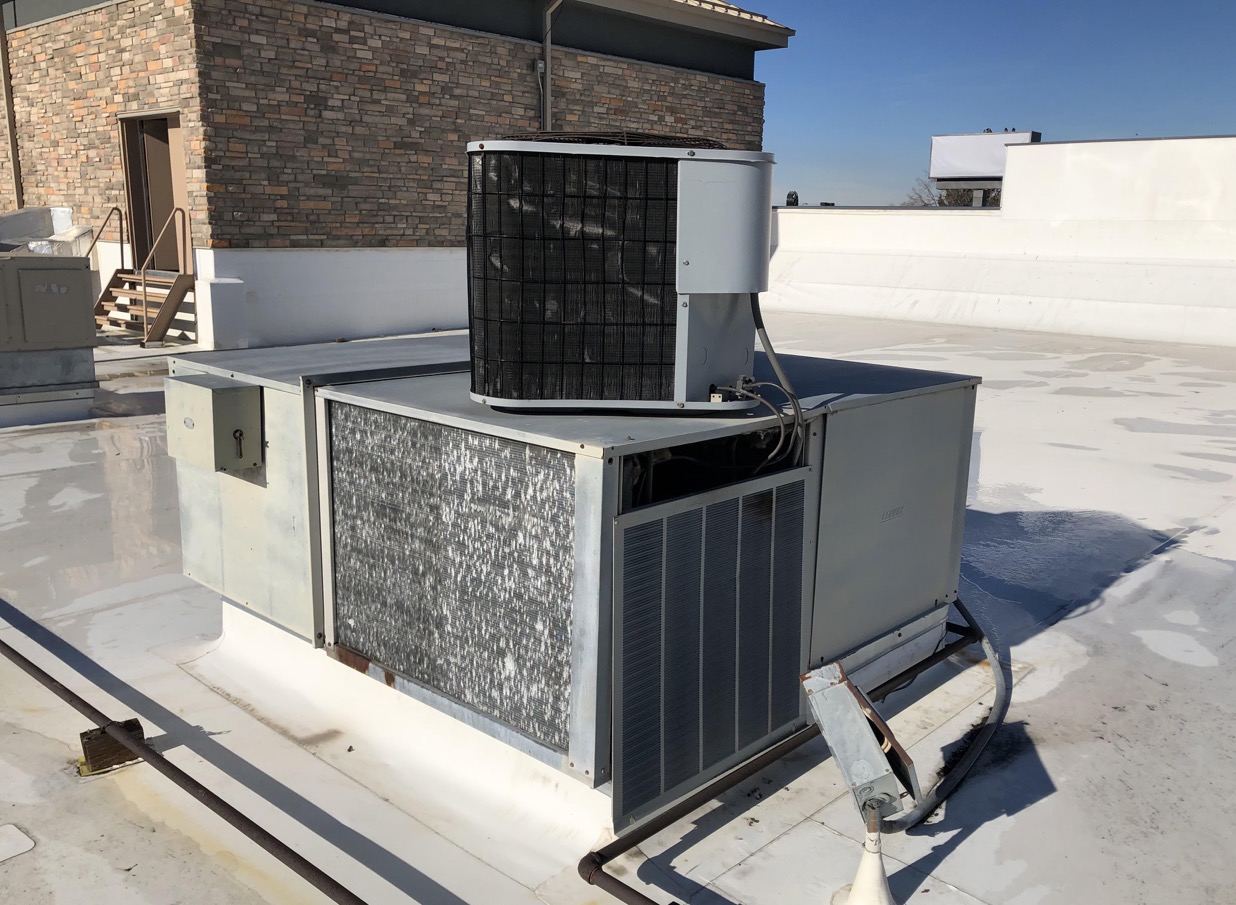

0 thoughts on “What Are Common HVAC System Issues And Solutions”